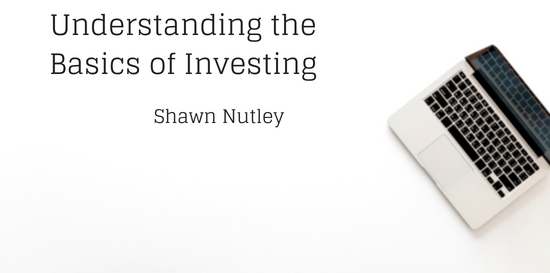Investing becomes a tool for growing wealth, but everyone should look at it as more than a tool that only the wealthy have used. In fact, anyone can start with investing and build their wealth. People have a variety of investment vehicles that they could take advantage of from real estate investing to stock investing. What differentiates stock investing from gambling is how investing requires crunching numbers, and in most cases, people are not going to get rich by pulling a lucky lever.
The Miracle of Compounding
One of the great things about investing in dividend stocks is how most dividend stocks will pay a quarterly for hanging onto their stocks. This has been referred to as compounding interest. As investors take the dividends, they can reinvest them in more stocks, which continues to grow the number of stocks and dividends yields over time, and those stocks will give them more dividends that they can reinvest again. Over time, this grows into a massive position.
Why People Do Dividend Investing
Many people invest in dividends because it keeps things in perspective for them. Investing in long-term cash flow like dividends helps to keep their head in the game. The fact of the matter is that stock market crashes happen, and in fact, most investors who start in their 20s will see four stock market crashes in their lifetime. When a person invests in dividends, they see a stock market crash as more of a sale opportunity because stocks can be bought for a much lower price to give them more dividends at a faster rate. This gives them long-term cash flow, and over time, these stocks will often appreciate in value so that people gain the value of the stock and the dividends.
Economies will occasionally go through rough seasons. As an investor, people should emotionally prepare for these things. An individual doesn’t have to panic when the hard times hit. In some cases, they have to suffer a loss before they can start to make money again. In stocks, however, the one thing to remember is that investors haven’t suffered a true loss until they have sold out of their position. Holding on until after the recession has ended will usually be the best plan. In fact, investing in more while the stocks are low will yield more cash for an individual once the recession ends, provided they have invested their money with solid companies.

